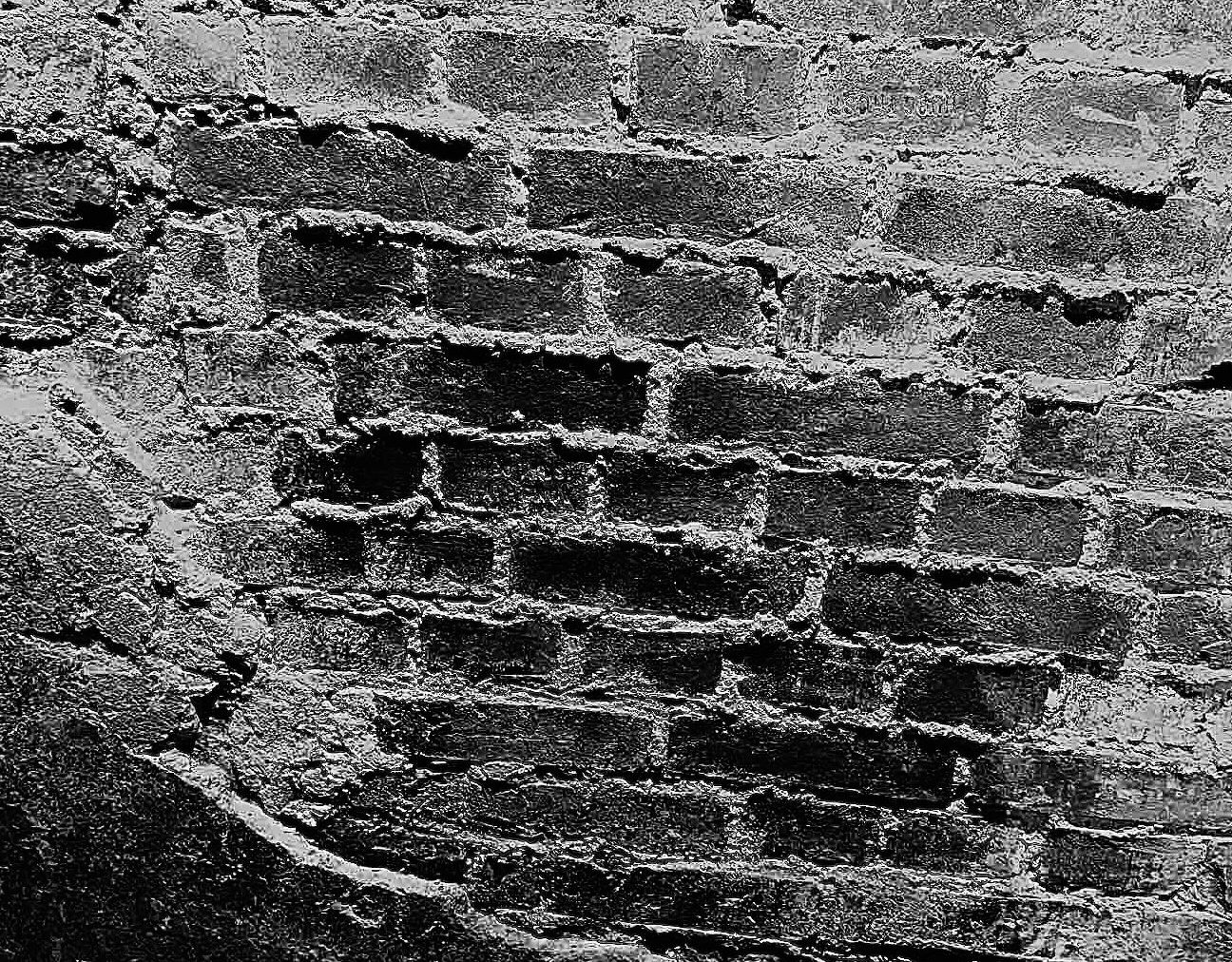According to Schopenhauer, suffering permeates life and shapes human existence. Suffering cannot be escaped or eliminated, for it dwells in our being and decides it.
Schopenhauer says that the world is full of pain, boredom, misery, frustration, and suffering, and argues that the “will-to-live” is the origin of all suffering and every misery.
Awakened to life out of the night of unconsciousness, the will finds itself as an individual in an endless and boundless world, among innumerable individuals, all striving, suffering, and erring; and, as if through a troubled dream, it hurries back to the old unconsciousness. Yet till then its desires are unlimited, its claims inexhaustible, and every satisfied desire gives birth to a new one. No possible satisfaction in the world could suffice to still its craving, set a final goal to its demands, and fill the bottomless pit of its heart. In this connexion, let us now consider what as a rule comes to man in satisfactions of any kind; it is often nothing more than the bare maintenance of this very existence, extorted daily with unremitting effort and constant care in conflict with misery and want, and with death in prospect. Everything in life proclaims that earthly happiness is destined to be frustrated, or recognized as an illusion. The grounds for this lie deep in the very nature of things.
Arthur Schopenhauer, The World as Will and Representation
For Schopenhauer, suffering is inevitable; it cannot be escaped; it dwells in our lives, pervades our existence, and decides our being. What makes suffering inevitable and lets it permeate our existence and shape our lives is our constant striving and unending desiring. Schopenhauer calls this constant striving and unending desiring the “will-to-live”.
Schopenhauer says that our unending striving is the origin of all suffering and every misery, for this means that we are constantly turned toward that which is distanced from us. That is, that for which we strive causes us pain and delivers us into suffering in its apartness from us.
Besides, because our striving is continuous and our desiring is unending, and because what can be achieved and obtained in this world is limited, conflicts will inevitably take place. These conflicts will result in more suffering; they will also render the already available pain worse.
Schopenhauer says that egoism, which governs and controls our relations, makes such conflicts worse and renders suffering intensified. The holding sway of egoism also renders suffering inevitable. We cannot escape suffering, no one can escape suffering, for we are either those who suffer or those who bring about suffering.
Also, our constant striving and unending desiring render suffering worse and intensified because they render apparent the lack residing in us and lying at the heart of our being. This lack is itself a form of suffering.
In other words, the lack dwelling in our being, which takes place as absence and hence delivers us into constant striving, is itself what makes us suffer. We are shot through with absences, lacks, and deficiencies; and this is itself a form of suffering.
Even if that for which we strive is achieved or obtained, suffering does not fade away, for it forever remains the path through which any striving has to pass so that its satisfaction could finally occur. This is why Schopenhauer says that happiness is negative and pain is positive. This means that pain is something that is felt, endured, and experienced, but happiness or satisfaction is merely the absence of pain.
Even if that for which we strive is achieved or obtained, suffering remains present because satisfaction and happiness, Schopenhauer says, are temporary and brief, for the lack, which dwells in us and shapes our being, will soon deliver us into new strivings, new frustrations, and new sufferings.
According to Schopenhauer, “every satisfied desire gives birth to a new one”. Every satisfied striving holds within itself another striving and another suffering. Schopenhauer also says that between the striving that we satisfy and the striving that will soon emerge and deliver us into suffering, we experience boredom and hence suffer.
This means that suffering cannot be eliminated or escaped; it has its origin in our being as a lack delivering us into unending striving and continuous desiring. Suffering pervades our lives and shapes our existence in its entirety. Suffering belongs to the human condition itself and defines it.
For more articles on Schopenhauer’s philosophy, visit this webpage.

